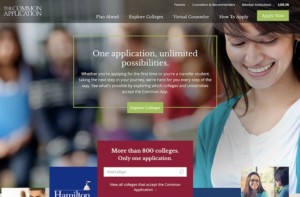 Sometimes we just make it too hard to do business in real estate. We spend SO much time and energy talking about herculean tasks like statewide consolidation efforts and yet spent so LITTLE time talking about practical, unsexy solutions that can make our lives so much easier!
Sometimes we just make it too hard to do business in real estate. We spend SO much time and energy talking about herculean tasks like statewide consolidation efforts and yet spent so LITTLE time talking about practical, unsexy solutions that can make our lives so much easier!
During the broker panel, Helping Brokers Compete and Innovate: Broker Panel at the RESO Conference held in Milwaukee, Wisconsin on October 17th, 2018, we discussed a simple innovation we can deliver in our industry that can make a world of difference in helping brokers get access to real estate information with a lot less hassle! While brokers and their tech partners are looking for easier ways to access the RESO Web API, there are even MORE interested in a way to make the process of gaining data feed approvals easier. Today, every MLSs data feed application is different. In some cases, the information needed to gain approvals is not clearly spelled out and it is extremely difficult to find someone at the MLS to answer questions.
Today, technology companies have to apply to every single MLS individually. Many MLSs require the technology company to submit a separate application for every type of data feed they are looking for and individual applications for every one of their customers in each MLS market. Our best estimate is that there are, conservatively, at least 500 companies all pulling MLSs data feeds of one type or another.
Let’s do some simple math to demonstrate the inefficiency of the current process:
Data Feed Application Cost Estimate:
Number of data dependent
- Tech companies 500
- Data Feeds per market: 1
- Total data feeds 500
- Number of MLSs 625
- Total number data feeds 312,500
- Man-hours dedicated to approval 4
- Total manhours for data approvals 1,250,000
- Cost per man-hour(fully loaded) $40
- Cost of attaining data feeds $50,000,000
If my numbers are even close to reality, we’re spending at least fifty million dollars collectively JUST in getting data feeds approved. That does not include any of the costs associated with ingesting, cleaning or distributing the data into applications or building the software itself.
The Common App Analogy
Sometimes it’s a lot easier to look at another industry for a relevant analogy to help us forge the path to innovation in our industry.
Today we’re going to look at the College Application process. For those that have gone through this stressful and daunting task in the past few years, you are aware of an incredible application system called “CommonApp”. Instead of submitting individual applications across the country, your student can now apply to multiple colleges from one central system.
Initially, just 15 colleges came together to find a way to simplify the college application process. Today, eight hundred colleges including Harvard, Cornell, Princeton and hundreds of others now allow their prospective students to apply through a common on line application.
I’m sure the colleges now using Common App did a similar cost analysis to the one I outlined above and decided there has GOT to be a better way!
So what can we learn from the Common App example?
Easy to Understand Instruction and Guidance for Applicants
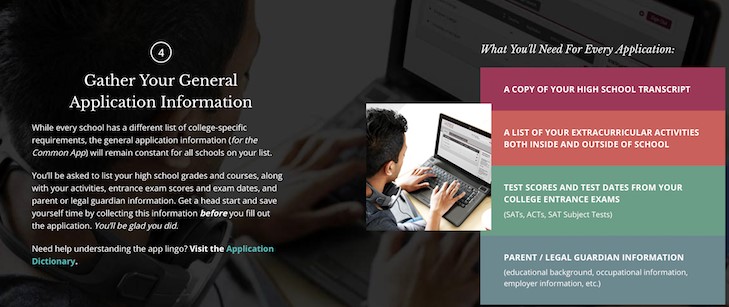
The Common App clearly articulates the information that is going to be needed by applicants right on the front page of the program. They make it easy for the reader to know exactly what information will be needed before they get into the registration process. Today, there is little, if any information at all on the public-facing sides of MLS websites that guide a company looking for a data feed for the first time. If you are a not a member of the MLS, it is nearly impossible to get access to the application process or even to find the name of the person to contact to get the process started. In most cases, there is no instruction about the information needed either. To make matters worse, the pricing of the data feeds is all over the map too.
Why couldn’t we have a simple section like this which outlines the information that is required to submit a data feed application?
Localized Fees ARE Possible
While is it free for a study to apply via Common App, each of the individual colleges are free to assign their own application fee. MLSs could still collect the application fee they have already established even though it would be collected through a central source. The Real Estate Common App. could collect fees and then distribute them back to the appropriate MLS.
Market Level Customization IS Possible
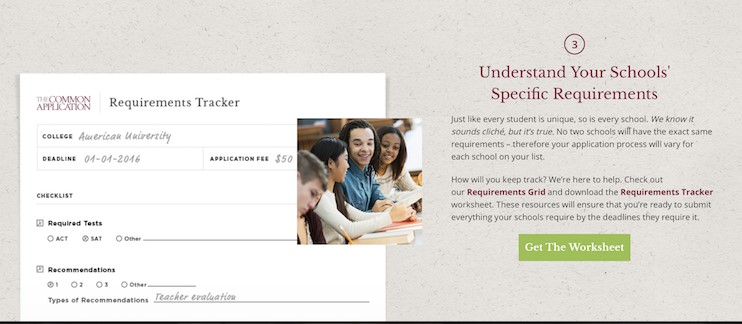
Markets with special requirements refuse to consider a standardization of a data application because it will not allow for market localization. Not true. In Common App, there is a “Requirements tracker” which allows you to see the unique requirements for each of the 800 colleges in the system. We could do exactly the same thing! Ideally, we would limit the number of market-specific approval steps required though.
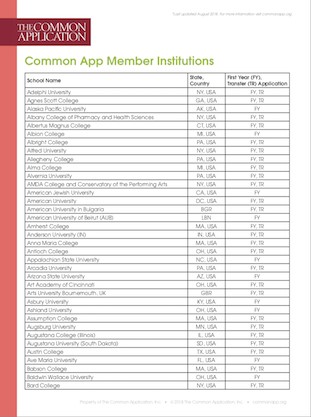 Easy to Find Application For Your Local MLS
Easy to Find Application For Your Local MLS
In Common App, each college can be searched by a search base and a comprehensive, downloadable list. Real Estate could do the same thing for all participating MLSs.
That way a company looking for data feeds could quickly find out if all of the markets they need for a data feed are included within the collaboration.
Who’s with me on this? I think we could articulate a requirements document relatively easily. If 15 MLS organizations kicked in seed funding just like the 15 colleges did we could get this thing off the ground relatively easily I believe. There are technology companies that have already engineered systems similar to this. We may be able to leverage the work that has already been done and make something happen sooner than later!
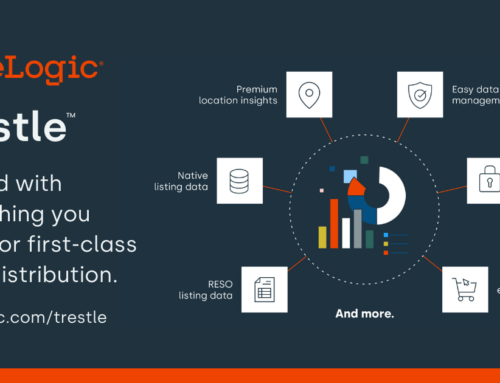


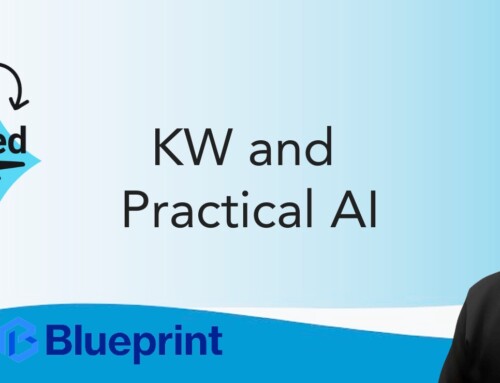
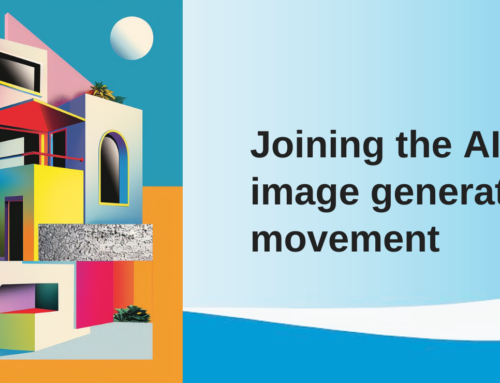
Marilyn, this is great advice and makes so much sense and points out in other ways how our insistence on separation and isolation rather than unity and cooperation makes our entire industry ripe for disruption as we have seen over and over. As a tech vendor that has to deal with the exact issues you raise I can tell you it would definitely save us hours and money which can only have positive impacts on our end users. I’m sure it would be the same for an vendors facing the time consuming issues of getting MLS feed approvals.
Thanks Mike! You are not the only tech company that has to struggle with this issue – its definitely time to make this happen! Happy to partner with you and other tech companies to outline the requirements for this type of process.
Love this idea Marilyn!
Thanks Greg! Im thinking that if we got a few of the tech companies that need to gain approvals Alon with MLSS that grant approvals we could outline this without too much difficulty.
Thanks Greg!
I’d love to know the origins of CommonApp. I’d guess that the participating colleges didn’t come together with this idea, but rather some startup was looking for a way to create efficiencies in a chaotic and time-consuming process. Once one college came on board, others followed. In our case, the colleges (MLSs) have no incentive to streamline the application process. They might pity those that have to deal with multiple MLSs, but that’s not their problem, frankly. It took pressure from those suffering with the chaos to solve it.
Great piece Marilyn. See you in Boston.
From what Ive learned so far, it looks like 15 colleges got together and started the process. Common App is a not for profit organization managed by an Executive Director. I have reached out to her to answer that exact question and get her advice about how they got this process started.
This makes too much sense.
I agree Gerhard – doesn’t seem like this would be that hard to achieve. We can follow this exact same model. I have reached out to the Executive Director of Common App to see if I can learn more.
Yes yes yes… too much sense Gerhard. Lol. Thank you Marilyn. Thoughtful and insightful. How do we get this rolling NOW before someone does it TO us instead of doing this ourselves and having some control?
Good one Marilyn. Jeremy has been using Bluetooth as a metaphor, which I think is better than the old one, a power strip with standardized plugs. Common App is a great analogy for this issue in real estate. I even think there are some “baby” Common App solutions in the marketplace, like the new Datamart from FBS. It’s a one-stop-shop with one license agreement. The agreement features localization by MLSs, so they can add any additional fees and/or requirements they may have, coming pretty close to the Common App idea. So, I know there are others out there too so while vendors can’t sign up for a single national license, they can maybe sign three of four and get effectively all data. It’s not great but I think its closer to good than 700 RETS feeds.
Realtors need to wake up to the fact that the MLSs are looking to “save their own bacon,” just like politicians do. They have created a monster which they now cannot control. The Realtors have the power to change things, but like the public in general, they are either too ignorant or too lethargic to change things for their own good. They are literally’ like a bunch of sheep.
[…] Marilyn Wilson wrote a great post the other day advocating for a “common app” for data feed requests to MLSs, similar to what colleges use today. Marilyn goes into quite a bit of detail about how the college common app allows local variations, and that got me to thinking that the approach is quite similar to what we’ve implemented in our recently launched Spark Datamart. The Spark Datamart automates the data licensing process bringing MLS-created data plans (VOW, IDX, etc.), licensing terms, pricing, approvals and usage tracking together in one secure, convenient online space. […]
[…] Marilyn Wilson wrote a great post the other day advocating for a “common app” for data feed requests to MLSs, similar to what colleges use today. Marilyn goes into quite a bit of detail about how the college common app allows local variations, and that got me to thinking that the approach is quite similar to what we’ve implemented in our recently launched Spark Datamart. The Spark Datamart automates the data licensing process bringing MLS-created data plans (VOW, IDX, etc.), licensing terms, pricing, approvals and usage tracking together in one secure, convenient online space. […]